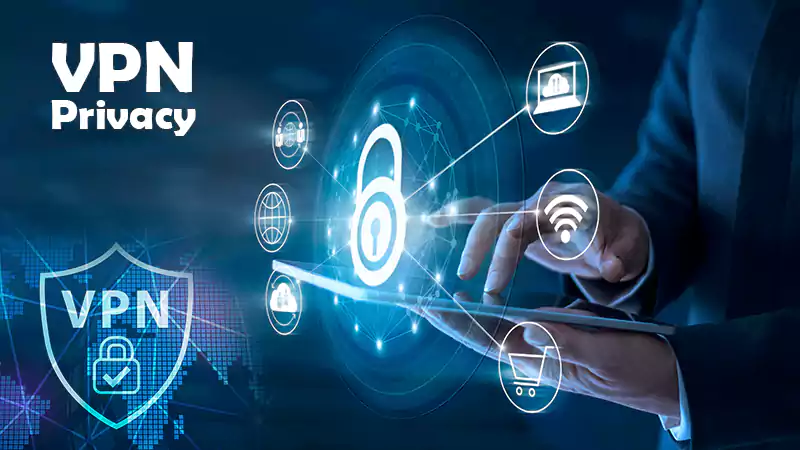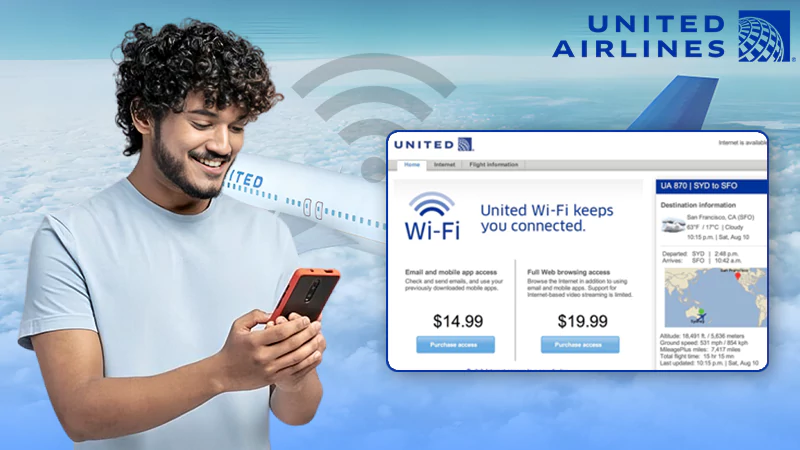
Introduction
A VPN can transform your public internet access into an encrypted private one, providing complete anonymity and privacy while surfing the web. By masking your IP address, virtual private networks (VPNs) make it practically hard to monitor your online movements. The most important thing to remember is that VPNs generate encrypted, personal connections that are much more secure than a password-protected public Wi-Fi network. It is highly recommended that you utilize a VPN whenever you access the internet in a public place, such as a café, hotel lobby, or airport. Everything you do online, from the websites you visit to the things you download, remains private by an India VPN so that cybercriminals, organizations, governmental bodies, or other snoops cannot see it.
VPN Privacy: What Does a VPN hide?
A VPN can conceal a lot of information that could jeopardize your privacy.
Your Location for Streaming
Paying for streaming services that let you watch professional sports is an option. The streaming service might not be accessible after you leave the country. There are valid justifications, such as contractual clauses and international laws. However, a VPN would let you choose an IP address from your country of residence. You may then probably watch any event available on your streaming provider. Additionally, you might be able to prevent data or speed throttling.
Your Devices
Your desktop computer, laptop, tablet, and smartphone may all be protected from prying eyes using an iTop VPN. If you use a public Wi-Fi network, hackers may see your devices as an easy target while surfing the web. Simply put, a VPN protects the information you send and receive on your devices, preventing hackers from monitoring your every move.
Your Browsing History
Where you go on the internet is public knowledge. Almost everything you do online can be tracked by your web browser and internet service provider. Many websites that you visit allow you to preserve history. Web browsers can track your search history and link your IP address to that data.
Your Web Activity — To Maintain Internet Freedom
Ideally, the government won’t consider you for surveillance, but who knows? A VPN prevents your internet service provider from accessing your browsing history, so keep that in mind. Therefore, you are protected if a government agency requests records of your internet activity from your internet service provider. Your VPN can help safeguard your online freedom, provided that your VPN provider doesn’t keep a record of your surfing activities (some VPN services do).
Your IP Address and Location
Anyone with your IP address can view the online searches you’ve made and the location from where you conducted them. Consider your IP address to be the letter’s return address. It returns you to your gadget. A VPN enables you to browse the web anonymously and retain your online privacy by using a different IP address than your own. Your search history won’t be gathered, viewed, or sold.
Conclusion
In short, a VPN for Mac provides a secure connection and anonymizes your IP to avoid detection by authorities and hackers. A VPN secures your identity and keeps your data hidden from snooping online eyes when using shared or public Wi-Fi.










